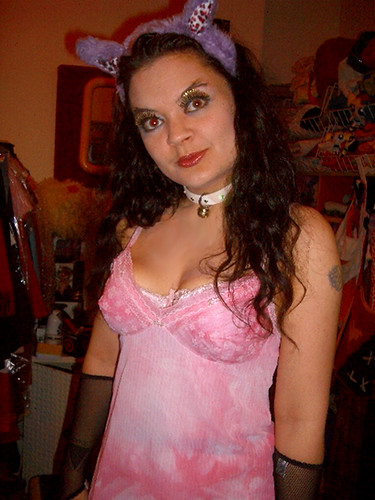"You commie, homo-loving, sons of guns," the sharp-tongued Penn told the audience as he collected his award. "I did not expect this and...I know how hard I make it to appreciate me."
The straight actor's portrayal of an openly gay politician was a timely one -- with "Milk" coming out shortly after California's same-sex couples lost their right to marry in a voter referendum.
"I think it is a good time for those who voted for the ban against gay marriage to sit and reflect and anticipate their great shame and the shame in their grandchildren's eyes if they continue that way," Penn said.
"We've got to have equal rights for everyone."
Penn, who has a tough guy image dating back to his early career scrapes with the paparazzi, convincingly evoked the legendary charm of Milk, who was shot to death in 1978 at San Francisco City Hall.
"He came in kind of ready made" for the role, openly gay "Milk" director Gus Van Sant said.
In presenting Penn as a nominee, storied actor Robert de Niro joked: "How, for so many years, did Sean Penn get all those straight roles?"
Also winning an Academy Award for Milk was Dustin Lance Black for Best Original Screenplay.
During his acceptance speech, Black said,
Most of all, if Harvey had not been taken from us 30 years ago, I think he’d want me to say to all of the gay and lesbian kids out there tonight who have been told they are less than by their churches, or by the government, or by their families, that you are beautiful, wonderful creatures of value. And that no matter what everyone tells you, God does love you, and that very soon, I promise you, you will have equal rights federally across this great nation of ours."
